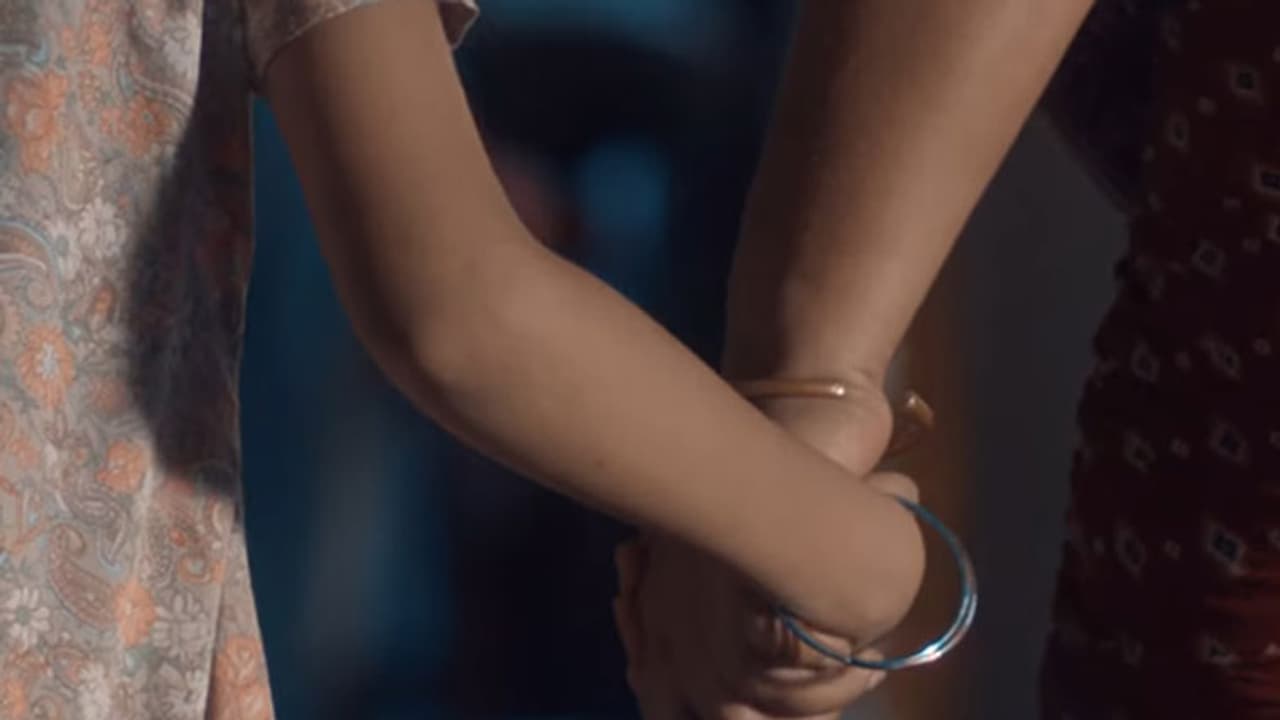Does love have to have a gender? Indian society still has miles when it comes to abolishing gender discrimination

The depiction of mother in any Hindi, regional language film immediately conjures up the image of matronly looking woman, bindi clad, wearing her hair in a bun or in loose plaits. You instinctively imagine her protective nature, her constant attempts to provide for her child and that motherly love which bubbles over threatening to almost overwhelm you.
This new ad for Vicks, tells us all these stereotypical habits of any mother. The prime emotions being that of love. Does it matter then love has to have a gender? That is the question this video seeks to ask.
Watch:

Listening to the ad narrative, you expect that it is about a child describing her excessive love and respect for her mother. ‘Mummy’, she calls, Gauri Sawant, a transgender who became a mother by accident. This is the true story of Gayatri and her mother Gauri. It leaves us with a question – ‘When equality is everybody’s right, why does mother not have hers?’
Like in the video, Gauri, who is the director of Sakhi Char Chowghi Trust at Malvani in Mumbai, sends her daughter to a boarding school. During vacations, Gayatri comes to live with her. We get more details on her life in four-year old article written in Al Jazeera. The writer tells how her daughter Gayatri initially struggled to come terms with the reality of her life and parenthood. Labelling and compartmentalising in Gauri’s daughter life is difficult but fluid.
Unfortunately, while the child in the Vicks ad understands what her mother and millions like her are going through, Indian society has not woken up to this reality. In India, the third gender is not allowed legally to adopt children. It forms part of the million other issues the transgenders are fighting for - their rights and for recognition.
They face discrimination right from the time of birth. Growing up for most of them is a traumatic period and once an adult, a sea of questions and closed doors stare at them. However, slowly but steadily the tide is changing. Love cannot be closeted or claimed as male or female and the role of a caretaker, life-giver and nurturer certainly cannot.
